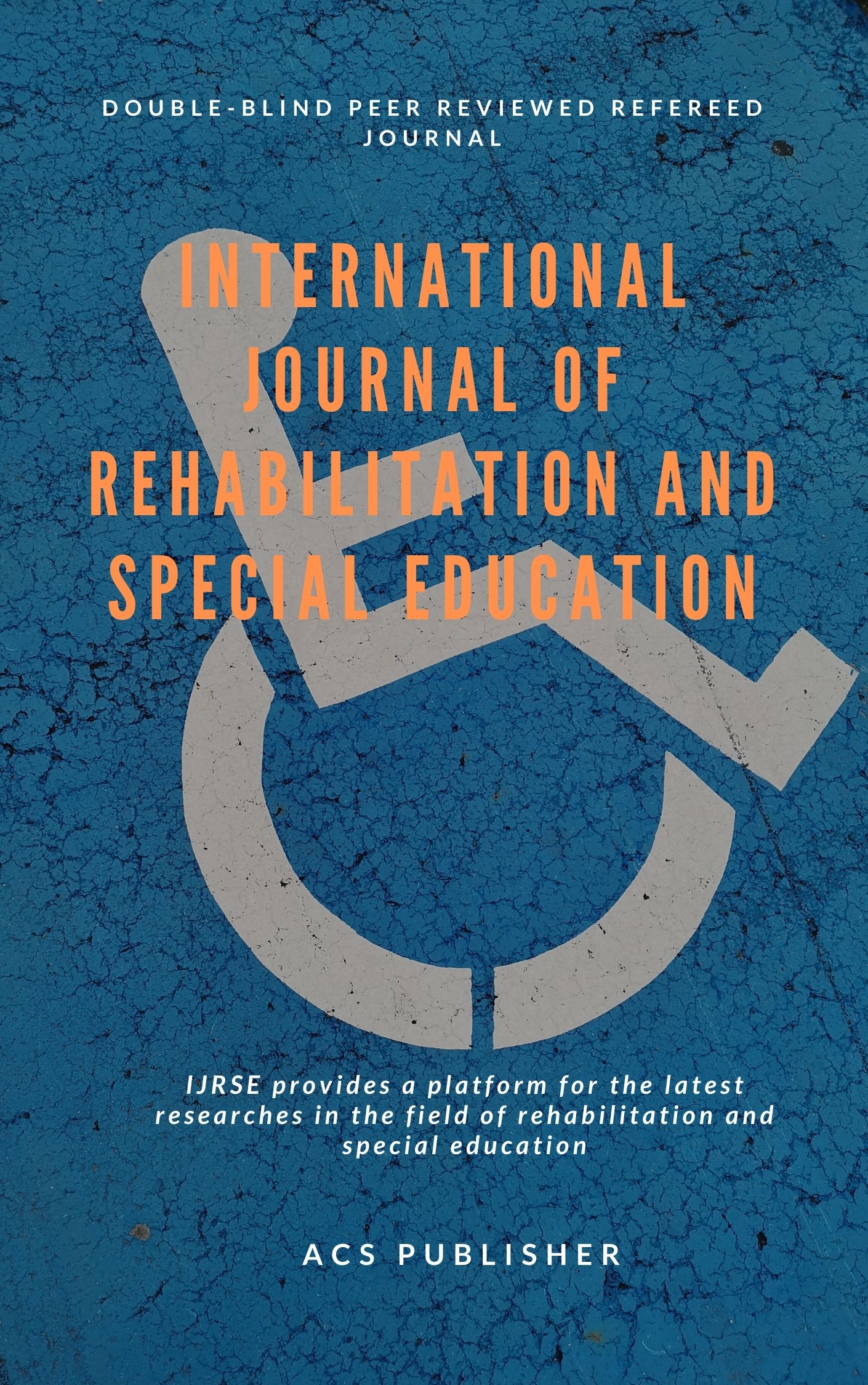UNDERSTANDING THE ROLE OF PSYCHOLOGICAL CARE IN NURSING PRACTICE: STRATEGIES FOR IMPROVING PATIENT’S OUTCOMES: case of Van Norman Clinic
DOI:
https://doi.org/10.48165/ijrse.2023.3.2.4Keywords:
Psychological care, nurse, nursing practice, patientAbstract
Problem: Psychological care aims to initiate psychotherapeutic or drug treatments that will reduce symptoms and improve the psychological, social and family functioning of the patient. Anxiety is a phenomenon experienced by many patients in critical illness during their hospitalization. It can have multiple origins and manifests itself differently depending on the individual. However, anxiety has many consequences that can affect the physical and mental health of the patient.
Objectives: To describe the role of psychological care in nursing practice for improving patient outcomes. Identify potential strategies to optimize the scope of practice of psychological care for nurses. Identify the difficulties encountered by nurses during nursing practice in psychological care; identify suggestions that could contribute to the improvement of nursing practices in psychological care, and recommend strategies to be favored, in order to allow nurses at the Van Norman Clinic to optimally, deploy their scope of nursing practice in psychological care.
Method: Given the requirements of our subject itself, both qualitative and quantitative methods were used and it was the qualitative data coding system that enabled us to arrive at reliable results. Using Alain Bouchard's sampling technique, 43 nurses from Van Norman Clinic were selected. Quantitative data were analyzed using statistical software for the social sciences (SPSS).
Results: When assessing anxiety, nurses use physical indicators such as physiological values. Through observation of the patient, they also identify psychological and behavioral indicators. Rating scales are also available to assess anxiety, however these tools are not widely used by nurses. Regarding interventions used to cope with anxiety, nurses attempt to control environmental stressors that are the source of anxiety. They also put in place different relational strategies when they judge that the patient is anxious. Finally, a complementary intervention which is the use of music has demonstrated effectiveness in reducing the degree of anxiety in patients in intensive care.
Perspectives: Many interventions can be used by nurses in the management of anxiety; however, a number of them have not been shown to be effective. Regarding the assessment of anxiety, nurses use their clinical judgment to assess anxiety. The use of tools allowing an objective evaluation should be considered.


